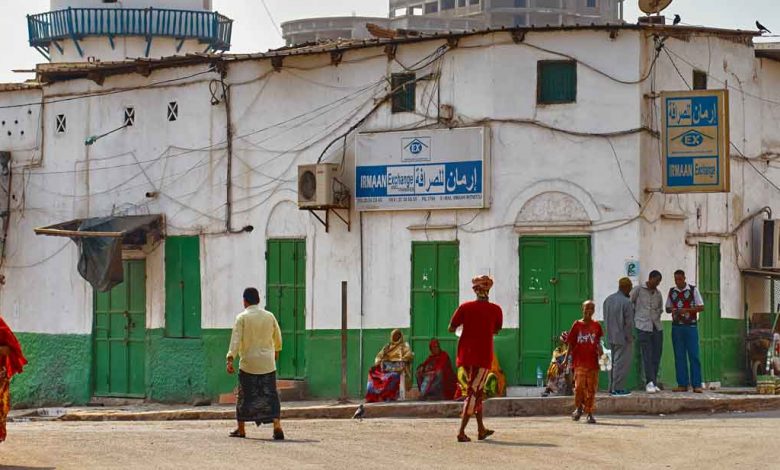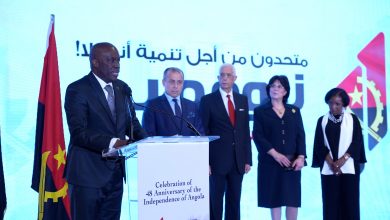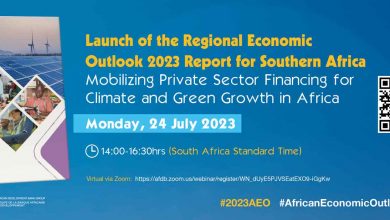Djibouti: The African Development Fund donates $3.79 million to strengthen the climate resilience of the city of Djibouti | African Development Bank

Diplomat.Today
The African Development Bank
2023-01-20 00:00:00
——————————————-
The African Development Fund approved a grant of USD 3.58 million (2.8 million units of account) in Abidjan on November 22, 2022 for the implementation of the project “Integrated study of urban infrastructure and climate adaptation in the city of Djibouti”.
In addition to the African Development Fund, the project will be co-financed by the Urban and Municipal Development Fund (UMDF) with an amount of UA 0.12 million (USD 0.15 million), representing 4.05% of the total project cost. Center for Adaptation (GCA), which will raise UA 0.04 million (USD 0.05 million), representing 1.35%.
Since 2019, Djibouti has experienced several external shocks, which have had a strong negative impact on the economic situation of the country, especially in the fiscal field: locust invasion, Covid-19 pandemic, conflict in Tigray (Ethiopia), war in Ukraine. Djibouti is also facing the effects of climate change: Cyclone SAGAR (2018), bad weather between November 2019 and April 2021, causing major flooding in the capital and a severe drought that hit the country in 2022. living environment of the population and urban facilities.
The integrated studies of Djibouti’s urban infrastructure will be used to develop an action plan and investment plan for a resilient urban city to ensure controlled urban development. The study will review and bring together the various studies conducted by other development partners.
“These studies will enable the creation of an integrated plan for the development of resilient, inclusive and participatory urban infrastructure that addresses gender disparities,” said Ms Nnenna Nwabufo, the Bank’s Director General for the East Africa region. It also includes establishing a roadmap to improve access to urban infrastructure and basic services. The results will enable integrated and rationalized urban development in Djibouti. In the long term, the effect should be to improve the delivery of basic urban infrastructure services, the city’s economy and the living conditions of the population. »
The studies will enable the Djiboutian government to better structure the capital’s urban development sector. The entire population of the agglomeration, estimated in 2020 at 600,000 inhabitants (60% of the country’s total population lives in the capital Djibouti), will benefit from the spin-offs of the project. Part of the donation will be used to build capacity and raise awareness about climate change adaptation.
The project to be implemented by the Djiboutian Roads Agency is aligned with Djibouti’s Country Strategy Paper 2016-2020, extended to the end of 2022, which focuses on a single priority area, regarding the development of sustainable and high-quality socio-economic infrastructure in the sectors energy and agriculture.
The project is also consistent with Djibouti’s key development documents: the Djibouti Vision 2035, the National Development Plan Djibouti ICI 2020-2024; but also with the Bank’s strategic priorities, the so-called “high 5s”, in particular the priority “improving the quality of life of the people of Africa” and with the United Nations Sustainable Development Goals, in particular those related to “sustainable cities and communities”. . , and the “fight against climate change”.
The African Development Bank Group, of which the African Development Fund is one of three entities, has financed more than a hundred projects since it began working with Djibouti in 1975. As of November 30, 2022, the Bank’s active portfolio comprises 14 commitment operations of US$112.35 million (UA87.78 million), with the following sector breakdown: Agriculture and Environment (34%); energy (30%) social (16%); transportation (8%); water and sanitation (7%) and governance (5%).
——————————————-



